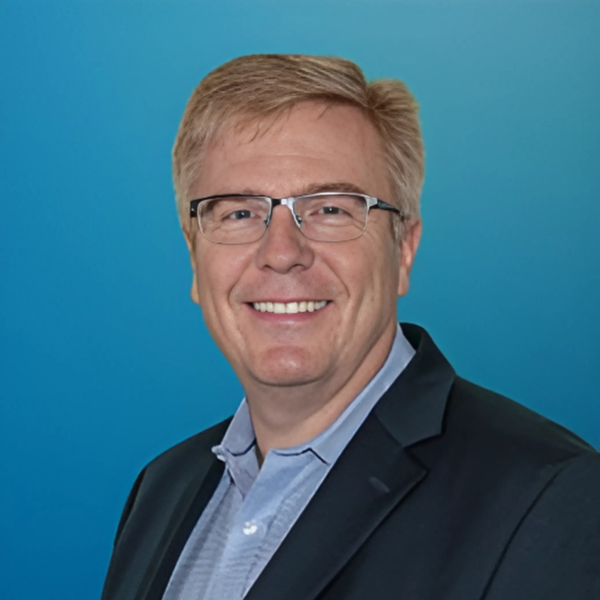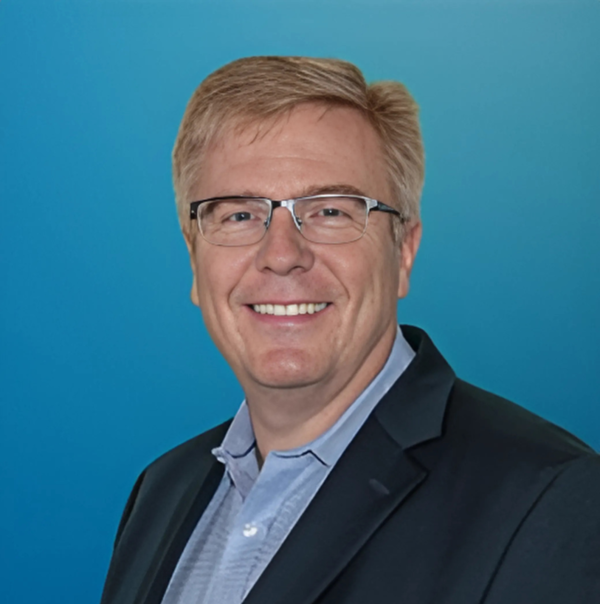Our Hospital, Our StoriesAn Interview with Dr. Colin Peterson, Facility Medical Director
Posted on: Jul 11, 2024In this interview, Dr. Colin Peterson Facility Medical Director shares insights into his role in ensuring high-quality clinical care, his journey in medicine, and the challenges and rewards of the position.

What is a Facility Medical Director?
A Facility Medical Director is responsible for ensuring high quality clinical care at the hospital. I work with the physician leadership in coordinating this care across all programs and services at the Royal Alex. I am fortunate to have a great partner in Janie Clink, the Royal Alexandra Hospital Senior Operating Officer, who manages the operations of the hospital, including nursing and allied health care.
One focus for me has been on quality assurance, where we look at all aspects of the clinical services we provide to ensure it is meeting high standards of clinical care. This process is designed to encourage quality patient care and safety through the fundamentals of learning. We need to be able to measure and review our performance with the goal of continual improvement.
Where did your interest in medicine come from?
I went to medical school at the University of Saskatchewan. I was always interested in family medicine, and expected I would practice as a rural family doctor given its broad scope of practice. I did this for a year and thought I should enhance my skills in emergency medicine given the limited resources in small towns. As life has its twists and turns, an opportunity to practice in the Emergency Department at the Royal Alex in 2000 came to me and I have been here ever since.
The exciting part about being an emergency physician is that every day is different, and often very intense. As our emergency department team is on the very front line of care for patients and families in crisis moments, to be able to make a difference in someone’s life in a very short period of time is personally and professionally rewarding.
What are some of the challenges the hospital faces?
The public has high expectations when it comes to health care delivery. They or their loved ones are often in contact with the health system, and they realize that access is often the biggest challenge resulting in wait times for the emergency department, surgeries, diagnostics and various other medical encounters.
At the Royal Alex, our infrastructure needs are a big part of the challenges we face. For example, our Emergency sees over 75,000 people each year, many with very high acuity of health issues. I worry that we are not meeting expectation on what people want in terms of access, privacy and dignity. Our patient capacity has exceeded a building space that was designed decades ago. Our clinical care teams are dedicated, experienced and compassionate and provide excellent care, but the physical space needs renovation and expansion not only in the emergency department, but other areas of the facility that have legacy infrastructure.
What is the best part of your job?
A great part of being a Facility Medical Director is reviewing new ideas and programs that the physician groups bring forward. The physicians are always coming up with original ideas or proposing the hospital adopt innovative programs to help our patients that they have experienced at other hospitals across the world. Similarly, from an operations perspective, optimizing the delivery of the patient experience of those innovative ideas is crucial as well. The challenge is how to prioritize.
At the same time, I love being able to get out of my office and back in the emergency department when it is my shift. I can directly treat patients and interact with their families and hopefully see them back on their way after care, and perhaps witness some of those innovations affect my clinical practice.
How does community support and donations impact the Royal Alex?
What I really appreciate about community support is how it provides us with the opportunity to innovate. Thanks to the generosity of community donors, we have access to hospital foundation dollars directed at supporting new technologies, programs, and research. Community support means we can continually innovate in our clinical care to make medical encounters safer, shorter and better than they were previously. Donations through the foundation is key to my goal of continual improvement in how we care for our patients.
